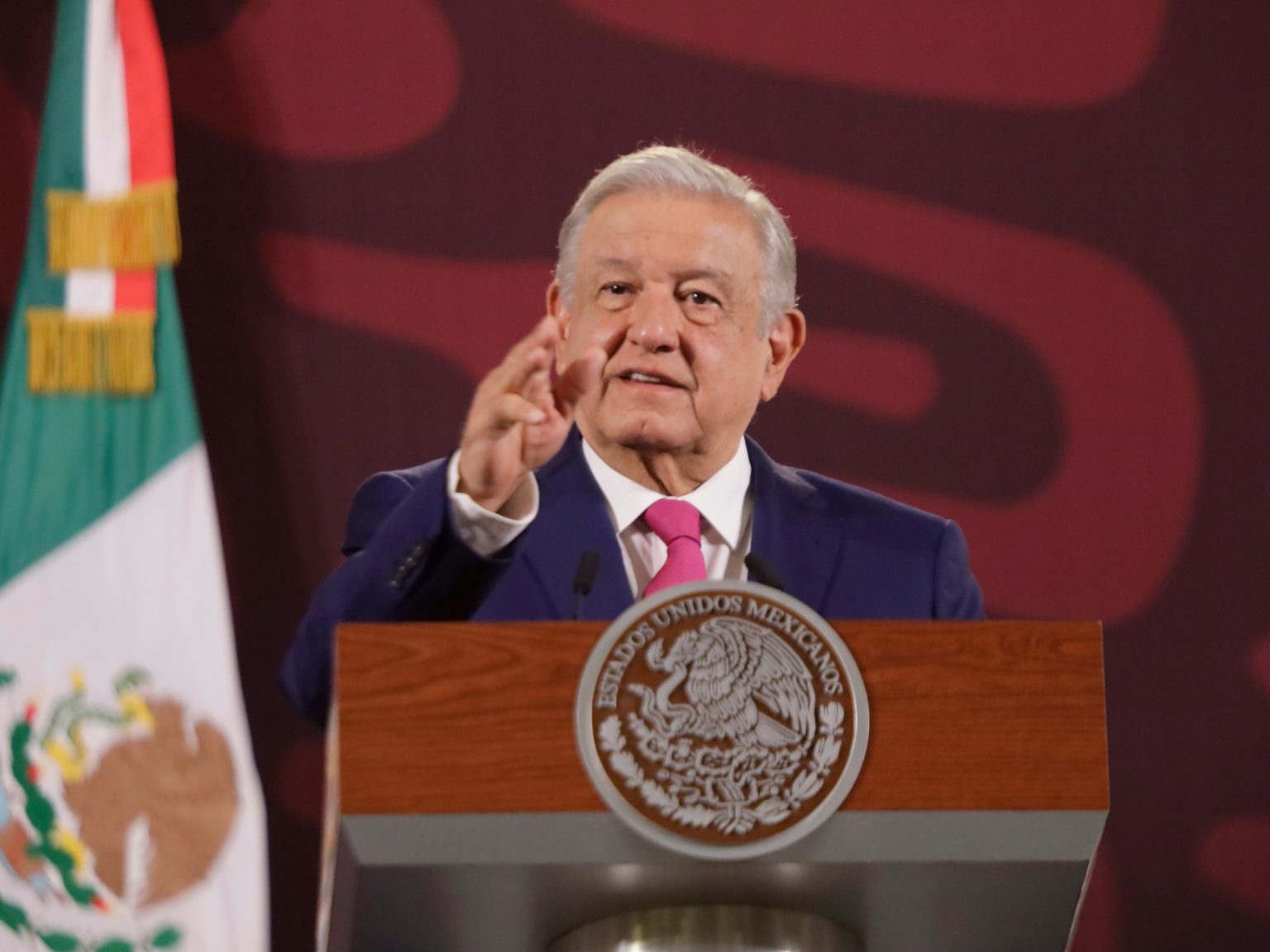In Mexico City, Mexico, there was a case where the president’s words and administration’s actions did not align. Despite requesting to join South Africa’s case against Israel for alleged genocide in Gaza, Mexican President Andres Manuel Lopez Obrador refused to define Israel’s actions as genocide. This ambiguity towards Israel’s war in Gaza marked Lopez Obrador’s administration as it approached a pivotal nationwide vote, raising questions about his foreign policy legacy and how his likely successor, Claudia Sheinbaum, would address the Israel-Palestine conflict.
Lopez Obrador’s election in 2018 marked a shift towards left-leaning leadership in Latin America, part of a new “pink tide” of progressive leaders including Gabriel Boric in Chile, Gustavo Petro in Colombia, and Luiz Inacio Lula da Silva in Brazil. While many of these leaders condemned the escalating violence in Gaza, Lopez Obrador took a middle-ground stance that failed to satisfy Israeli officials and Palestinian supporters. The president expressed support for Israel while urging peace, avoiding taking a firm stance on the conflict to maintain a delicate balance.
Mexico’s reticence to condemn Israel has been attributed to economic and military ties between the two countries. Mexico purchases Israeli products, trains police and security forces, and has a company that provided materials for an Israeli wall. These interests contribute to Mexico’s cautious approach to the conflict and reluctance to sever ties with Israel. Despite pressure from pro-Palestinian advocates, Lopez Obrador has stood firm on maintaining relations with Israel while advocating for peace in the region.
Protests from university students and activists in Mexico City have called for a stronger stance against Israel, with demands to cut diplomatic relations in response to the conflict in Gaza. Demonstrations, including an encampment in the Zocalo plaza, have highlighted Mexico’s historical neutral or isolationist responses to international conflicts. These protests aim to educate the public about the Israel-Palestine conflict and urge the government to take decisive action rather than remain neutral or passive.
As Lopez Obrador prepares to pass the presidency to Morena party candidate Claudia Sheinbaum, questions remain about the continuity of Mexico’s stance towards Israel and Gaza. Amnesty International’s director in Mexico anticipates little change in human rights or international relations policies under Sheinbaum’s leadership. Sheinbaum, who has expressed solidarity with Palestine in the past, could follow a similar cautious approach to the conflict, prioritizing relationships with the military, Israel, and the US over a pro-Palestinian stance.
The complex dynamics of cutting ties with Israel are highlighted by concerns that severing diplomatic relations could impact ongoing investigations into human rights abuses in Mexico. The case of the 43 missing students from the Ayotzinapa Rural Teachers’ College, involving both the Mexican military and criminal groups, is still unresolved. The potential extradition of a Mexican military official implicated in the case, who has sought refuge in Israel, raises barriers to justice that could be further complicated by a diplomatic rupture between the two countries. Amidst these challenges, progress in addressing both domestic and international human rights issues remains uncertain.


